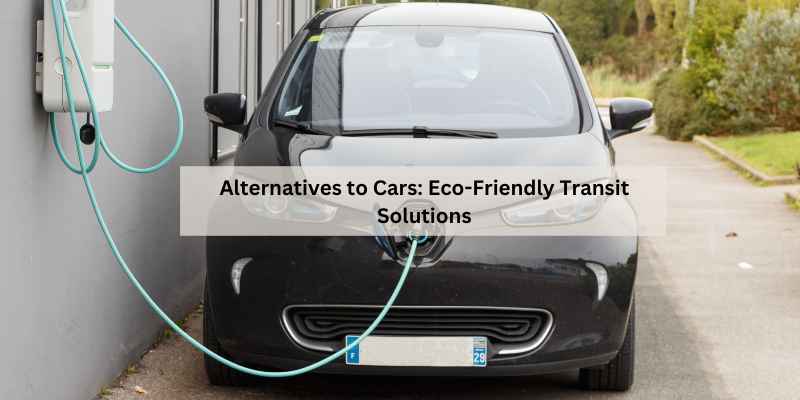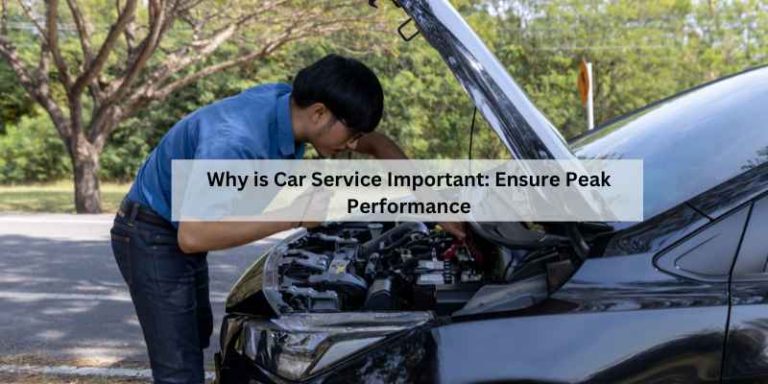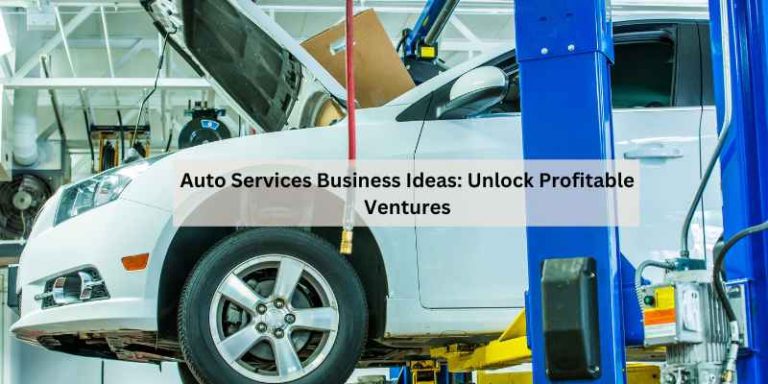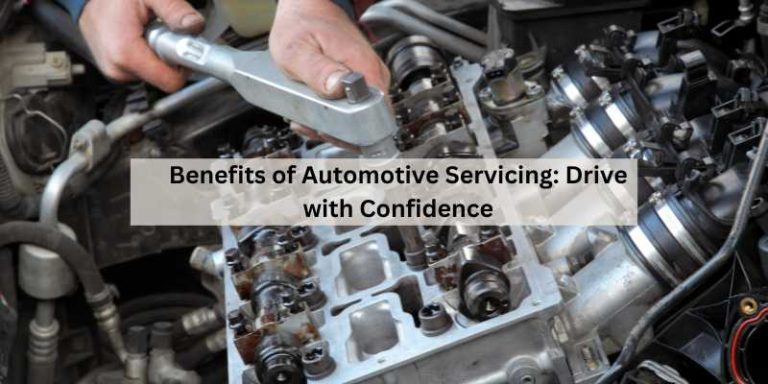Alternatives to Cars: Eco-Friendly Transit Solutions
Looking for alternatives to cars? Consider public transportation, rideshares, biking, walking, carpooling, electric vehicles, and car clubs.
These options provide flexibility and sustainability in urban mobility. As cities become more congested and environmentally conscious, exploring alternative modes of transportation is crucial. Whether it’s for daily commutes or occasional outings, finding the right alternative to cars can lead to cost savings and a reduced carbon footprint.
By incorporating diverse transportation options into your lifestyle, you can contribute to a greener and more efficient urban environment. Embracing these alternatives not only benefits individuals but also helps create a more sustainable and vibrant community for all.
The Quest For Sustainable Mobility
Looking for alternatives to cars? With public transportation, rideshares, biking, walking, carpooling, electric vehicles, car clubs, and car rental, there are plenty of options available. Try out different methods and find what works best for you in your quest for sustainable mobility.
Rising Environmental Consciousness
In today’s world, people are increasingly aware of the environmental impact of traditional transportation methods.
The Impact Of Automotive Emissions
Automotive emissions contribute significantly to air pollution and climate change, driving the need for sustainable mobility solutions.
Pedal Power
When it comes to sustainable transportation options, pedal power offers a fantastic alternative to cars. Let’s explore the benefits of incorporating bicycles into our daily commutes and leisure activities.
Bicycles As A Primary Transport Mode
Bicycles are not just a means of recreation but can serve as a primary mode of transportation. They offer a cost-effective and environmentally friendly way to navigate urban areas.
- Biking reduces carbon emissions and promotes a greener environment.
- It helps to improve personal health and fitness levels.
- Bicycles provide a quick and efficient way to navigate through traffic.
E-bikes For Speed And Convenience
E-bikes have revolutionized the cycling experience by providing added speed and convenience to riders. These electric-powered bicycles offer the following advantages:
- Enhanced Speed: E-bikes enable riders to cover longer distances in a shorter time.
- Convenience: The electric assist feature makes uphill climbs and longer journeys more manageable.
- Eco-Friendly: E-bikes still promote sustainability by reducing reliance on traditional vehicles.
Public Transportation
Public transportation offers numerous benefits as an alternative to using cars. It encompasses various modes such as buses and trains, providing an efficient and eco-friendly means of commuting for individuals and communities alike.
Benefits Of Buses And Trains
Buses and trains play a pivotal role in reducing traffic congestion, air pollution, and carbon emissions. They offer a cost-effective and sustainable mode of transportation, promoting energy conservation and reducing the overall carbon footprint.
By utilizing buses and trains, individuals can contribute to a healthier environment while enjoying a stress-free commute, as they are not burdened with the responsibilities of driving and parking.
Integrating Schedules For Efficiency
Integrating schedules of buses and trains enhances the efficiency of public transportation systems. By aligning the timings of different transport modes, such as buses connecting with train schedules, commuters can experience seamless and convenient intermodal travel.
This integration fosters a more reliable and time-efficient commuting experience, ensuring that individuals can reach their destinations promptly without the need for excessive waiting times or complicated transfers.
Ridesharing Revolution
The Ridesharing Revolution has transformed the way people commute, providing convenient and flexible alternatives to traditional car ownership. Two prominent players in this revolution are Uber and Lyft, which have significantly impacted transit dynamics in urban and suburban areas.
How Uber And Lyft Are Changing Transit
Uber and Lyft have revolutionized transit by offering on-demand ride-hailing services through user-friendly mobile applications. This has facilitated seamless and efficient transportation, reducing the reliance on personal vehicles and traditional taxi services.
Carpooling To Reduce Carbon Footprint
Carpooling presents a sustainable solution to reduce carbon emissions and alleviate traffic congestion. By sharing rides, individuals can minimize their environmental impact while optimizing commute costs and travel efficiency.
Car Alternatives In Urban Spaces
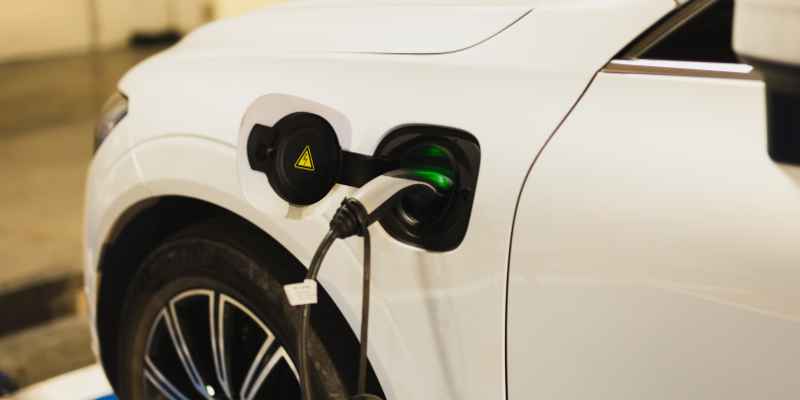
Urban areas are often characterized by congestion, limited parking, and environmental pollution, making car alternatives a compelling option for city dwellers. Embracing alternative modes of transportation not only reduces traffic but also promotes a healthier and more sustainable urban environment.
Walking For Health And Environment
Walking is a simple yet effective way to navigate urban spaces while promoting personal health and environmental well-being. It not only reduces carbon emissions but also improves cardiovascular health and overall well-being. Additionally, walking allows individuals to explore their surroundings and enjoy the local culture and attractions on foot, contributing to a more vibrant urban experience.
Skateboarding And Scooters For City Dwellers
For those seeking a more agile and exhilarating mode of transport, skateboarding and scooters offer an exciting alternative to traditional cars. These compact and versatile options enable city dwellers to navigate through crowded streets and narrow pathways with ease, providing a sense of freedom and mobility within urban landscapes. Furthermore, skateboarding and scooters promote an active lifestyle and can be a fun way to commute or explore the city.
Innovative Vehicle Access
As the way we access transportation continues to evolve, innovative vehicle access methods are gaining popularity, providing efficient and flexible options for urban dwellers and travelers alike.
Car-sharing Services
Car-sharing services offer a flexible and cost-effective alternative to traditional car ownership. With this model, individuals can access vehicles as needed, paying only for the time they use the car rather than bearing the full burden of ownership.
Subscription Models Versus Ownership
Subscription models present a compelling alternative to ownership, offering individuals the convenience of accessing a range of vehicles for a monthly fee. This eliminates the need for long-term commitments and provides the flexibility to switch between different types of vehicles based on specific needs.
Electric Vehicles
Consider exploring alternatives to cars such as public transportation, bike sharing, and electric vehicles. These options provide eco-friendly and cost-effective ways to commute. Embracing these alternatives can reduce traffic congestion and promote a healthier environment.
The Rise Of Electric Cars
Electric vehicles (EVs) are gaining popularity as a sustainable transportation option. With advancements in technology, EVs offer a clean and efficient way to travel.
Charging Infrastructure And Range
One of the main considerations with electric vehicles is the availability of charging stations and the vehicle’s range. The infrastructure for charging EVs is expanding rapidly, providing more convenience for EV owners. Additionally, improvements in battery technology are increasing the range of EVs, making them a viable option for longer journeys.
Rural Transit Solutions
Challenges Of Non-urban Areas
In rural areas, limited public transportation options create challenges for residents.
Long distances, lack of infrastructure, and low population density contribute to transportation difficulties.
Community-based Transportation Initiatives
Local communities are implementing innovative transportation solutions.
Carpooling programs, ride-sharing services, and volunteer-driven transport networks are gaining popularity.
Collaborations with local businesses and organizations help expand transit options in rural areas.
The Future Of Eco-friendly Transit
The future of eco-friendly transit is rapidly evolving with emerging technologies, innovative policies, and urban planning initiatives that aim to reduce carbon emissions and promote sustainable transportation alternatives. As the world grapples with the environmental impact of traditional car usage, it’s crucial to explore and embrace alternative modes of transit that prioritize environmental conservation and public well-being.
Emerging Technologies In Transportation
With advancements in technology, the transportation sector is witnessing the rise of innovative solutions that promise to revolutionize eco-friendly transit. Electric vehicles (EVs) are gaining momentum as a sustainable alternative to traditional gasoline-powered cars. These vehicles offer zero-emission commuting, reducing the carbon footprint associated with daily travel. Additionally, the development of autonomous vehicles holds the potential to optimize transportation efficiency and minimize traffic congestion, further contributing to a greener urban landscape.
Policy And Urban Planning For A Greener Commute
Effective policy measures and urban planning initiatives play a pivotal role in shaping a greener commute. Governments and city planners are increasingly prioritizing the expansion of public transportation networks, making them more accessible and efficient for commuters. Investment in infrastructure for walking and cycling, such as dedicated lanes and pedestrian-friendly urban designs, encourages people to embrace these eco-friendly modes of transit. Furthermore, the implementation of car-sharing programs and the establishment of car-free zones within city centers contribute to reducing reliance on personal vehicles and fostering a sustainable urban environment.
Frequently Asked Questions
What Is The Best Alternative To Cars?
The best alternative to cars includes biking, walking, public transportation, carpooling, ride-sharing, and electric vehicles.
What Is An Alternative To Buying A Car?
Instead of buying a car, you can try using public transportation, rideshares, biking, walking, carpooling, electric vehicles, car clubs, or car rental services. Car-subscription services are also becoming popular as an alternative to car ownership. Using Lyft or Uber for ride-sharing is another option.
Ultimately, the best alternative depends on your specific needs and lifestyle.
What Is The Newest Alternative To Owning A Car?
Car-subscription services, backed by well-known car manufacturers, offer access to vehicles for a monthly fee. This is the newest alternative to owning a car.
How To Live Without Owning A Car?
To live without owning a car, consider using public transit, ridesharing like Lyft or Uber, biking, walking, or car rental.
Conclusion
There are various alternatives to cars that can benefit both individuals and the environment. From biking and walking to public transportation and ridesharing, these options provide a change of pace and reduce carbon emissions. Additionally, car clubs and car rental services offer the convenience of having a vehicle without the commitment of ownership.
With the growing availability of electric vehicles and car-subscription services, the future of transportation is becoming more diverse and eco-friendly. Consider exploring these alternatives and making a positive impact on the world.

